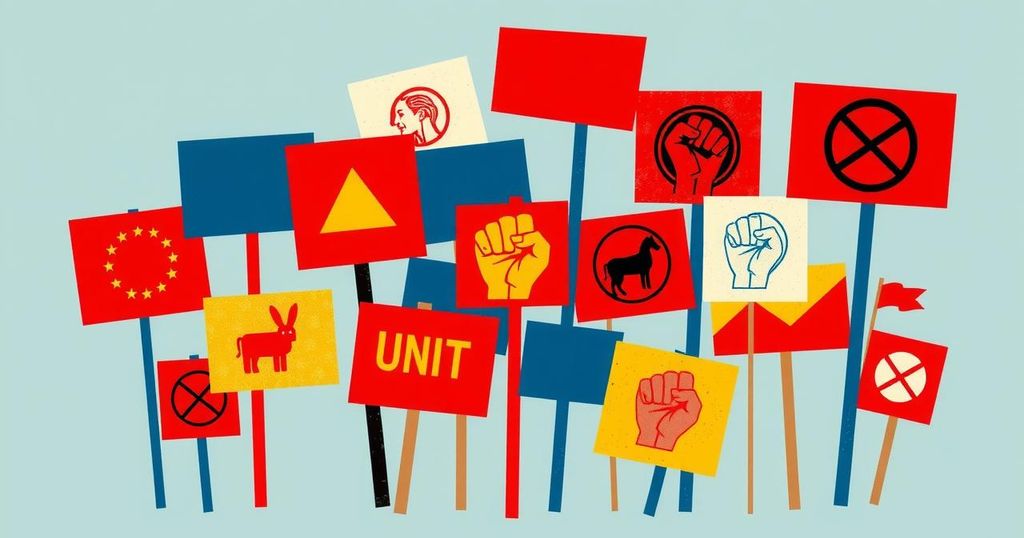Mahmoud Khalil: Detained Columbia Activist’s Controversial Past and Current Legal Struggle

Mahmoud Khalil, a detained protester at Columbia University, previously worked at UNRWA and held a senior role at the UK office for Syria. He became prominent in anti-Israel protests after relocating to the US and is now facing deportation amid legal battles regarding his First Amendment rights. His case raises critical issues concerning free speech and immigration policy amidst ongoing political tensions.
Mahmoud Khalil, a detained protester at Columbia University known for his anti-Israel activities, previously held a position at the United Nations Relief and Works Agency (UNRWA) while pursuing a graduate degree. His employment followed a senior role at the UK office for Syria in Lebanon, where rigorous security clearances were required. In addition, he participated in the Syria Chevening Program, designed to support foreign students in the UK.
Prior to his move to the US in 2022, Khalil worked for the British government, contributing to foreign policy regarding Syria and applying his expertise in Arabic. After transitioning to Columbia, Khalil quickly became a prominent figure in protests opposing Israel, notably taking part in protests and leading initiatives such as Columbia United Apartheid Divest (CUAD), an organization associated with Hamas and Hezbollah.
Khalil’s activism included a significant role in various demonstrations across Columbia’s campus, during which he led negotiations with university administrators amidst ongoing protests. His public displays of dissent featured appearances at multiple rallies, often engaging the crowd with spirited speeches and demonstrations.
Despite his activism, Khalil became a permanent US resident in 2023 after marrying Noor Abdalla, a US citizen he met during his tenure overseeing a scholarship program in Lebanon. The couple, now expecting their first child, found themselves confronted with ICE agents shortly after Khalil’s marriage, leading to his detention amid ongoing immigration battles related to his past protests against Israel.
As Khalil’s legal team contests his deportation, they argue that his detainment violates his First Amendment rights, framing it as retaliation by the Trump administration for his outspoken views. The administration maintains that while he has not been charged with a crime, his actions are perceived as detrimental to national interests, raising concerns about freedom of speech amid the ongoing conflict over his political stance.
In summary, Mahmoud Khalil’s journey from a refugee in Syria to a detained activist in the United States highlights the intricate intersection of immigration, national policy, and freedom of expression. His past roles and current activism have positioned him at the center of a contentious political climate, as he navigates legal challenges against deportation while advocating for Palestinian rights. The case raises significant questions about the limits of free speech and governmental authority in the context of protest movements.
Original Source: nypost.com








